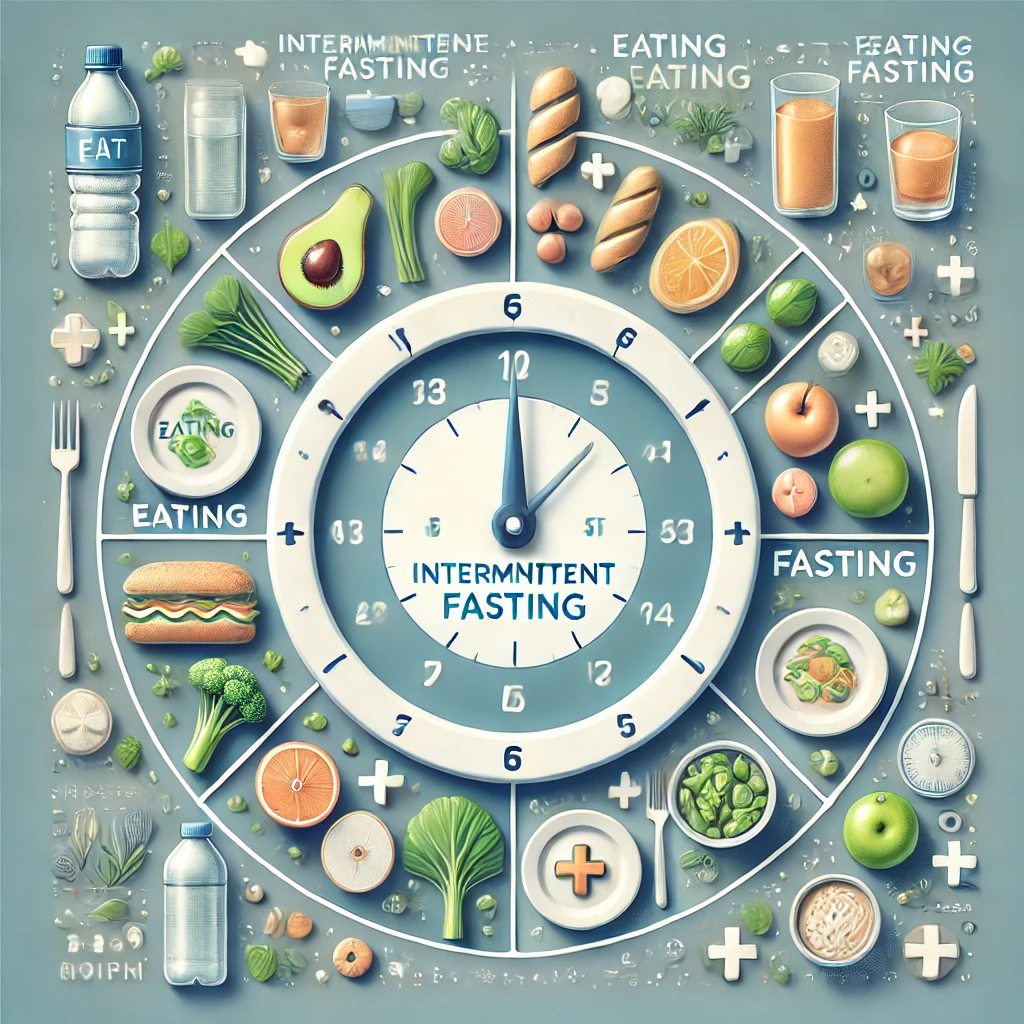If you’ve been searching for ways to lose weight while you sleep, you’re not alone. Surprisingly, there are fat-burning tricks that can help you shed those extra pounds overnight.
These scientifically-backed strategies boost your metabolism, support fat loss, and optimize the body’s natural fat-burning processes while you catch some Z’s.
In this article, we’ll dive into every detail, explain the facts, and provide some figures to help you understand how to burn fat overnight effectively.
The Science of Fat Burning While You Sleep
Fat loss isn’t just about working out and dieting during the day; your body is constantly burning calories—even while you sleep. Here’s how it happens:
- Thermic Effect of Food (TEF): When you eat food, your body burns calories digesting it. Protein has the highest TEF, meaning it takes more energy to break down, leading to increased calorie burn, even during sleep.
- Brown Fat Activation: Brown adipose tissue (BAT), also known as brown fat, burns calories to produce heat. Studies show that sleeping in a cooler environment can stimulate BAT and improve metabolism.
- Hormonal Regulation: Sleep regulates hunger hormones like ghrelin and leptin. Insufficient sleep increases ghrelin (hunger hormone) and decreases leptin (satiety hormone), making you more likely to overeat.
Proven Overnight Fat-Burning Techniques
Here are the top strategies to maximize fat burning while you sleep:
1. Get Enough Sleep

Studies consistently show that sleeping 7-9 hours per night is crucial for fat loss. Sleep deprivation increases cortisol, a stress hormone that promotes fat storage, particularly around the abdomen. In one study, participants who increased their sleep by just one hour per night reduced their calorie intake by up to 270 calories without making any other lifestyle changes.
2. Keep Your Bedroom Cool
Sleeping in a cooler room (around 65°F or 18°C) can increase brown fat activity. Brown fat burns calories to generate heat, so a cold environment helps rev up your metabolism overnight. In fact, a study published in Diabetes found that sleeping in a cool environment for four weeks boosted participants’ metabolism and insulin sensitivity.
3. Try Intermittent Fasting

Intermittent fasting, particularly when you stop eating a few hours before bed, can help your body shift into fat-burning mode while you sleep. This method stimulates human growth hormone (HGH), which plays a key role in fat metabolism. The 12:12 method, where you fast for 12 hours overnight, is easy to implement and has been shown to support fat loss.
4. Eat Protein Before Bed
A high-protein snack before bed can boost your metabolism and prevent muscle breakdown overnight. Protein has a high thermic effect, which means your body burns more calories digesting it compared to fats or carbohydrates. Casein, a slow-digesting protein found in dairy products like cottage cheese, keeps your metabolism elevated throughout the night.
5. Cut Down on Late-Night Electronics

Exposing yourself to blue light from electronic devices late at night can disrupt melatonin production, making it harder for your body to enter a fat-burning state. Harvard studies have shown that blue light exposure at night increases hunger and insulin resistance, leading to weight gain. Opt for dim lighting and avoid screens for at least an hour before bed.
6. Use Fat-Burning Supplements
Certain supplements like melatonin, magnesium, and ashwagandha can improve sleep quality and enhance fat burning. Melatonin, in particular, supports brown fat activation and metabolism, making it easier to burn calories while you rest.
Key Fat-Burning Strategies While You Sleep
| Fat-Burning Strategy | Description | Estimated Impact on Fat Loss |
|---|---|---|
| Get 7-9 hours of sleep | Improves hormone balance, reduces cravings, and boosts metabolism | Reduces calorie intake by 200-300 calories/day |
| Sleep in a cool room (65°F) | Activates brown fat to burn calories and increase metabolism | Boosts metabolic rate by up to 30% |
| Intermittent fasting | Extends fat-burning state by limiting food intake to specific hours | Supports fat utilization and boosts growth hormone |
| Eat protein before bed | Increases thermogenesis and prevents muscle loss during sleep | Burns extra calories through digestion |
| Reduce blue light exposure | Prevents melatonin disruption and reduces insulin resistance | Improves metabolism and reduces late-night hunger |
Conclusion
Achieving fat loss while you sleep might sound too good to be true, but the science supports it. By getting enough sleep, maintaining a cool bedroom, eating a high-protein snack before bed, and reducing blue light exposure, you can significantly boost your fat-burning potential overnight.
These strategies not only help you lose weight but also improve overall health, making them a win-win for anyone looking to shed a few pounds without drastic changes.
FAQs
1. Can I really burn fat while sleeping?
Yes, your body continues to burn calories even when you’re asleep. Strategies like optimizing sleep quality, maintaining a cool room, and eating a high-protein diet before bed can enhance fat burning during the night.
2. How much sleep do I need for optimal fat burning?
Experts recommend 7-9 hours of sleep for optimal fat burning. Less sleep can increase cortisol levels, leading to fat storage, particularly around the abdomen.
3. Does intermittent fasting work for overnight fat burning?
Yes, intermittent fasting, especially when done overnight, can help your body enter a fat-burning state by increasing HGH and improving insulin sensitivity.
4. What temperature should my bedroom be for fat burning?
Keeping your bedroom around 65°F (18°C) can activate brown fat, which burns calories to produce heat, boosting your metabolism overnight.
5. Can supplements help with fat burning during sleep?
Yes, supplements like melatonin and magnesium can enhance sleep quality and support brown fat activation, helping you burn more calories while you sleep.
References
- Fitness Volt
- Set for Set
- The Healthy
- Livestrong



